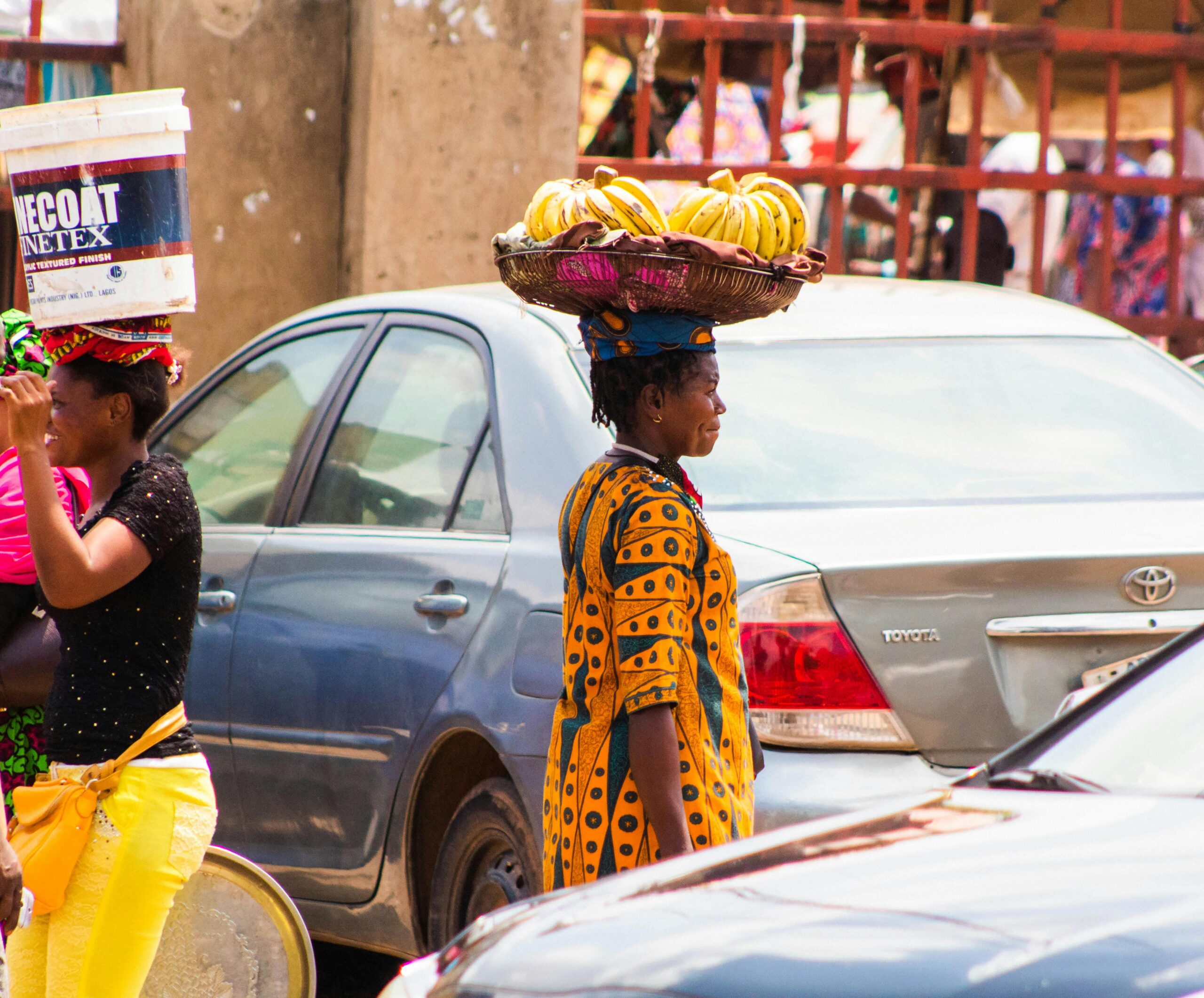Features
Olayinka David-West: Why Are Banks Shutting Out Women Who Build Nigeria’s Economy?

Constituting nearly 50% of the population, Nigerian women are critical to the country’s economy, owning over 40% of micro, small and medium enterprises (MSMEs) and employing millions. Yet, when it comes to funding, they are locked out of Nigeria’s formal lending system. Despite their entrepreneurial spirit and proven reliability, they encounter financial barriers that are not only unjust but also economically shortsighted.
The Gates Foundation’s survey of over 100,000 women in Nigeria revealed that 62% identified lack of start-up capital or equipment as the primary barrier to achieving their economic ambitions. Structural barriers, including insufficient family support, deficits in training, and widespread discrimination, amplify this core financial challenge. For too long, women entrepreneurs have been perceived as “high risk.“ However, data contradicts this stereotype and tells a different story. An annual survey of IFC client institutions shows the NPL ratio for women-owned SMEs was 2.6%, compared to 2.9% for the total retail loan portfolio. For microenterprises, the gap was even more pronounced: 2.8% for women versus 4.2% for the total micro-loan portfolio.
Likewise, the World Bank’s Women Entrepreneurs Finance Initiative (We-Fi) pilot with Access Bank demonstrated that women-led businesses often exceed loan repayment expectations. Yet, outdated collateral requirements and biases in lending decisions continue to restrict women’s access to formal credit, forcing them into informal financial markets with exorbitant interest rates. Data from EFInA reveals that 98% of Nigerian women are excluded from formal credit markets and disproportionately rely on informal savings and high-interest credit from local lenders.
Informal women’s groups and affinity savings systems such as self-help collectives and cooperative societies thrive outside formal structures, showcasing grassroots models that function effectively despite limited liquidity. Rural women’s groups across Nigeria have shown remarkable success in pooling resources, lending to one another, and maintaining high repayment rates. Yet these proven models lack the capital to make a transformative economic impact.
Tokenistic celebrations of women’s entrepreneurship by banks are not enough. We must move beyond handouts and microloans to making real investments that treat women as serious economic actors, not as charity cases. Smart banking models that close this gap already exist. The African Development Bank’s (AfDB) Affirmative Finance Action for Women in Africa (AFAWA) initiative is proof that de-risking loans and sharing financial risks can significantly increase women’s access to credit. Kenya, Rwanda, and Ghana have successfully implemented risk-sharing mechanisms through AFAWA, boosting women’s financial inclusion and catalysing entrepreneurship.
The World Bank’s We-Fi initiative has shown how cash-flow-based lending can remove the collateral barriers that disproportionately affect women. By evaluating businesses based on performance rather than property, cash-flow-based lending enables women to escape the confines of microfinance schemes that rarely facilitate growth. Scaling this approach across Nigeria would fundamentally change the game for women entrepreneurs, unlocking not only their potential but also the nation’s economic growth. McKinsey estimates that closing the gender financing gap could add $229 billion to Nigeria’s GDP. The cost of inaction is too high.
While frameworks like the Central Bank of Nigeria’s (CBN) Sustainable Banking Principles and the Framework for Advancing Women’s Financial Inclusion (FAWFIN) are steps in the right direction, they are not enough. These principles and frameworks often lack robust enforcement mechanisms and specific, binding targets for commercial banks. True progress requires moving from voluntary principles to mandatory policies. The Nigerian government must mandate gender-responsive banking, holding banks accountable for inclusive lending through clear, enforceable regulations. A great first step would be to require that at least 30% of MSME loan portfolios, especially for government-backed interventions, are allocated to women-led businesses. Commercial banks must commit to adopting risk-sharing mechanisms and cash-flow-based lending models, while policymakers must incentivise and enforce reporting on these commitments.
Nigeria’s women entrepreneurs are not just asking for loans. They are demanding their rightful access to make economic contributions to our society. A failure to act now will not only deepen the gender credit gap but will also cost Nigeria billions in lost growth potential. Banking leaders must embrace the reality that supporting women entrepreneurs is not just morally right but an economically astute decision.
Data contradicts the bias that lending to women is risky and reveals the truth: that the real risk lies in ignoring them. Because when women earn, the entire economy benefits.
***
Featured Image by Hauwa Abdullahi Suleiman for Pexles.

















